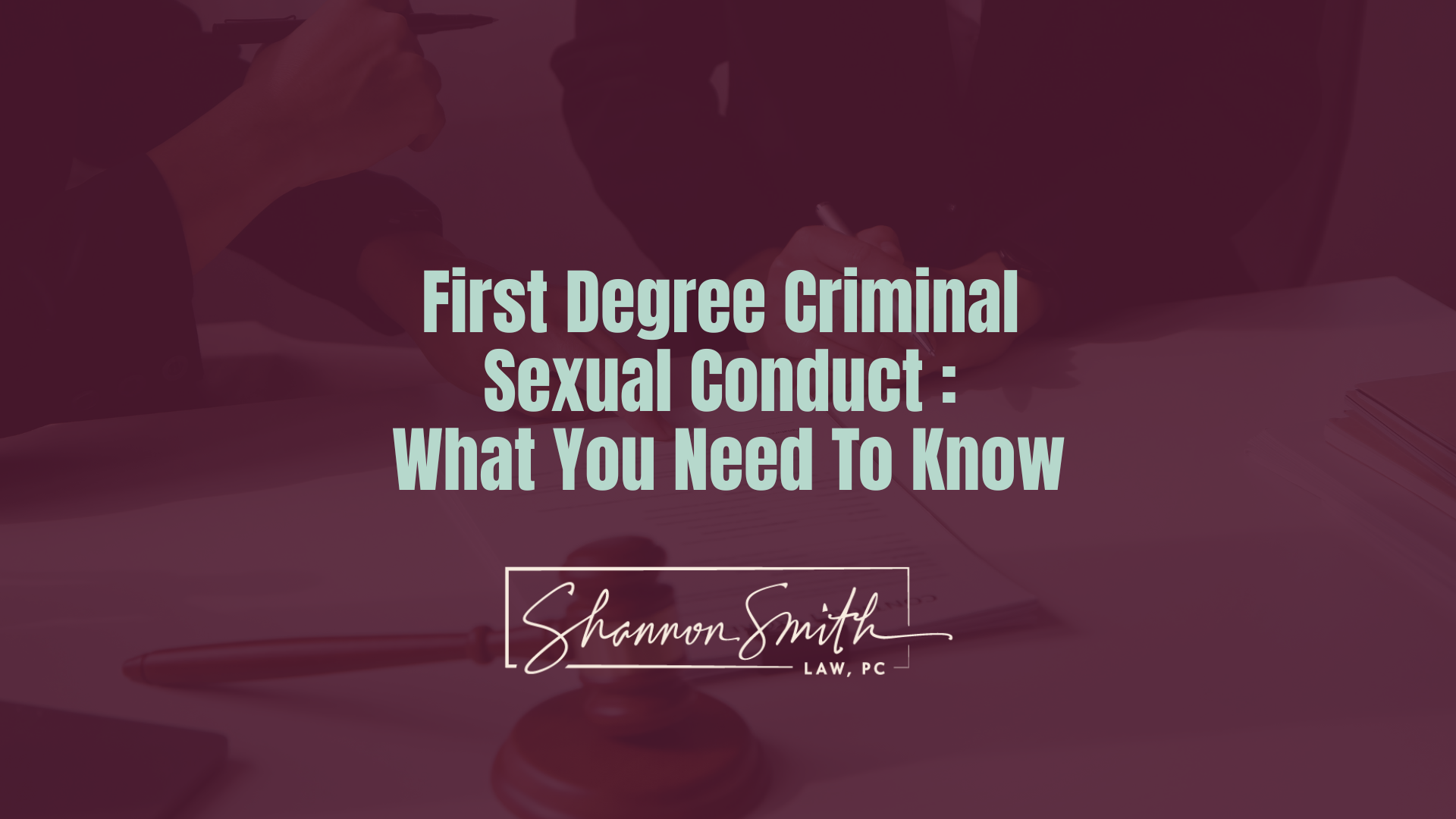We have a lawyer friend in New England who coined the term “Backstairs Justice System” a few years ago. It’s a pretty highly descriptive term to those of us who have been in and out of courtrooms defending serious criminal cases over the years.
For those who haven’t, it’s this: the Backstairs Justice System is what defendants experience when they are arrested and held without bond or an enormous bond they have no hope of making.
Everyone else experiences the justice system like this: they can meet with their lawyers anytime; they can participate actively in their defense whenever it’s required; they are always available by phone and text to quickly and efficiently answer their lawyers’ questions; they maintain family connections, have an active support group around them; they wear what they want and walk on their own into the courthouse for hearings and trial, leaving for lunch, meeting with their lawyers anytime they need to.
In other words, that’s the Front Steps Justice System. Those held in pre-trial detention enjoy none of those things. None. They are held in jails, visiting hours are tight even for attorneys and, in any event, there is no access to computers or phones or anything, really, that the lawyer doesn’t carry in with them. They are cuffed and chained with other detainees in the very early morning hours and transported to court to be held in ‘bullpens’ until their matters are called. Holding is usually in the bowels of the courthouse. They come up the backstairs to the courtroom, still cuffed and chained. After the hearing or day of trial proceedings, they go back the way they came.
The Backstairs Justice System has these obvious drawbacks and much more, not the least of which is the additional stress of incarceration. Read a few of our Facebook posts about wrongful convictions to see some of the others.
There is no one thing that can help anyone avoid the Backstairs. And, no attorney can ever guarantee that a client won’t be held pre-trial – there are too many variables and idiosyncrasies in charges and the bail system.
But – this is an extremely important but – those accused of crimes can go a long way toward helping themselves avoid it.
Here’s how: retain an attorney as early in the process as possible. If you even think you are being investigated or suspected, retain an attorney. Do not talk to the ‘authorities’ without an attorney – there is nothing you can say that will ‘smooth it over.’ Do not do anything, talk to anybody about any aspect of the matter without consulting that attorney.
That’s it. Do not wait to ‘see how things work out.’ Be proactive by starting your defense before there’s a charge.
Shannon has a saying, “When I walk into court with a client at the beginning of a case, they usually walk back out with me.” That’s because the more we know up front, the more preparation we can make before even an arrest, the better the odds you continue to go up the courtroom steps throughout.




